Did you know low blood pressure can be as dangerous as hypertension? Learn how to prevent low blood pressure and safeguard your health in this article.
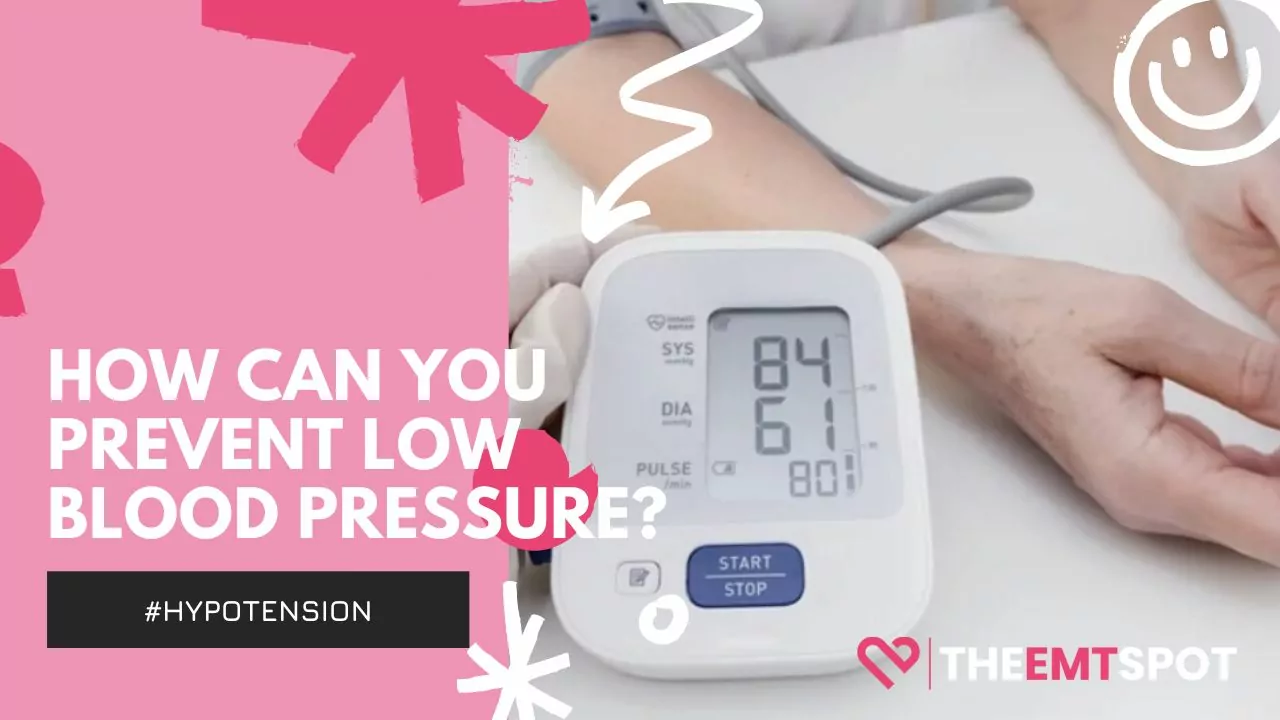
Quick Summary
- Preventing low blood pressure is the most cost-effective and less burdensome approach compared to treating it later in life, saving thousands of dollars and hardships.
- Incorporating simple activities such as maintaining a balanced diet, engaging in regular exercise, managing stress, staying hydrated, and monitoring medications can greatly prevent low blood pressure.
- Being mindful of your diet is crucial, and combining it with the use of natural blood pressure supplements while consistently monitoring your blood pressure is the best strategy to prevent low blood pressure.
Preventing low blood pressure is of paramount importance as it allows individuals to maintain their overall well-being and avoid potential health complications.
While treating low blood pressure is necessary in certain cases, taking proactive measures to prevent its occurrence can have significant benefits.
By focusing on prevention, individuals can mitigate the risks associated with hypotension and lead a healthier lifestyle.
Prevention empowers individuals to take control of their health and make informed choices that promote stable blood pressure levels.
Moreover, prevention reduces the risk of immediate health issues and helps in long-term well-being. It can contribute to the prevention of cardiovascular diseases, improve overall health, and enhance quality of life.
By prioritizing prevention over treatment, individuals can take proactive steps to maintain optimal blood pressure levels and enjoy a healthier, more active lifestyle.
This article will discuss ways to prevent low blood pressure and explore various diet plans that can be incorporated into your routine.
Additionally, it will introduce two key smart strategies: smart blood pressure monitors and natural blood pressure supplements.
Without further ado, let’s dive deep into the article.
Contents
How Can You Prevent Low Blood Pressure?
Preventing low blood pressure is much easier and more effective compared to treating it. Below is a compilation of practices that can determine whether you’ll be waiting in a queue at your doctor’s office or enjoying leisure time at home.
1. Stay hydrated
- One of the simplest yet most effective ways to prevent low blood pressure is to ensure adequate hydration. Insufficient hydration can cause a decrease in blood volume, leading to a subsequent decline in blood pressure.
- Make it a habit to drink plenty of fluids throughout the day, especially water. Avoid excessive consumption of caffeinated beverages, as they can have a diuretic effect and contribute to dehydration.
- Opt for hydrating options like herbal teas or infused water to keep your body well-hydrated and maintain optimal blood pressure levels.
2. Maintain a balanced diet
- Maintaining a well-balanced diet is essential for preventing low blood pressure. Emphasize the consumption of nourishing foods that promote cardiovascular health.
- Make sure to include a diverse range of fruits, vegetables, whole grains, lean proteins, and healthy fats in your meals. These foods provide essential nutrients, vitamins, and minerals that help regulate blood pressure.
- Additionally, avoid excessive intake of processed foods, sugary snacks, and high-sodium foods, as they can negatively impact blood pressure levels.
- Aim for a well-balanced diet that nourishes your body and supports optimal blood pressure maintenance.
3. Regular physical activity
- Engaging in regular exercise is beneficial for overall health and can help prevent low blood pressure. Physical activity promotes healthy blood circulation, strengthens the heart, and improves cardiovascular fitness.
- Aim for a minimum of 2.5 hours of moderate-intensity aerobic exercise or 1.5 hours of vigorous-intensity exercise each week. Incorporate activities you enjoy, such as brisk walking, cycling, swimming, or dancing.
- It is advisable to seek guidance from your healthcare provider before initiating any exercise regimen, particularly if you have pre-existing medical conditions.
4. Monitor medications
- Some medicines you use as part of some therapy might cause low blood pressure as a side effect.
- If you are taking any prescription or over-the-counter medications, it’s important to be aware of their potential impact on your blood pressure.
- Your doctor’s intervention is a critical factor here since only a trained professional who has access to your current medical condition can make a judgment on medication-related issues.
- They can provide guidance on managing your medication regimen and suggest alternative options if necessary.
5. Manage stress
- Chronic stress can contribute to fluctuations in blood pressure. Finding healthy strategies to cope with stress and encourage relaxation is of utmost importance.
- Incorporate stress-management techniques into your daily routine, such as deep breathing exercises, meditation, yoga, or engaging in hobbies you enjoy.
- Prioritizing self-care and creating a balanced lifestyle can help reduce stress levels and support optimal blood pressure.
6. Avoid sudden positional changes
- Standing up too quickly can cause a drop in blood pressure, known as orthostatic hypotension.
- Make it a habit to rise slowly and gradually from sitting or lying down.
- Before standing, try performing simple leg exercises to stimulate blood flow.
7. Limit alcohol
- Excessive alcohol consumption can lead to changes in blood pressure, including low blood pressure.
- Limit alcohol intake according to guidelines: up to one drink per day for women and two drinks per day for men.
- Consult your healthcare provider for personalized advice on alcohol consumption.
8. Regular check-ups
- Regular health check-ups can help monitor blood pressure levels and detect potential issues early.
- During check-ups, your healthcare provider can adjust medications and provide lifestyle advice to prevent low blood pressure.
- Regular monitoring is essential for a comprehensive view of your health.
9. Avoid prolonged exposure to hot water
- Long hot showers or baths can cause blood vessels to expand and decrease blood pressure.
- Limit time in hot showers or baths and opt for warm water instead.
- If you feel dizzy or lightheaded during a bath or shower, sit down or get out of the tub.
10. Eat smaller, more frequent meals
- Large meals can cause a drop in blood pressure, known as postprandial hypotension.
- To prevent this, try eating smaller, more frequent meals throughout the day.
- This method helps avoid a sudden shift of blood to your digestive tract, aiding in blood pressure stabilization.
What Is The Best Diet For Low Blood Pressure?
A diet that can help prevent low blood pressure should focus on promoting overall cardiovascular health. Here are some recommendations:
1. Increase sodium intake
Sodium plays a crucial role in maintaining the osmotic balance of water in the blood and can assist in raising blood pressure. However, it’s vital to seek guidance from your doctor to determine the optimal amount of sodium intake that suits your individual needs and health condition.
2. Moderate caffeine consumption
While caffeine can temporarily raise blood pressure, excessive consumption of coffee can lead to dehydration and contribute to low blood pressure. Reduce your consumption of caffeinated beverages such as coffee, tea, and energy drinks.
3. Consider potassium-rich foods
Potassium is needed in order to maintain the sodium levels in the body and to support healthy blood pressure. Include foods like bananas, avocados, leafy greens, sweet potatoes, and tomatoes in your diet.
4. Increase magnesium-rich foods
Magnesium is an essential element that your body needs for regulating blood pressure and muscle function. Include foods such as spinach, almonds, legumes, whole grains, and dark chocolate, which are rich sources of magnesium, in your diet.
5. Consume omega-3 fatty acids
Omega-3 fatty acids have been associated with cardiovascular health and blood pressure regulation. Incorporate fatty fish like salmon, mackerel, and sardines, as well as walnuts, flaxseeds, and chia seeds, which are rich in omega-3 fatty acids, into your meals.
6. Limit alcohol consumption
Excessive alcohol intake can lower blood pressure. If you consume alcohol, do so in moderation. It is generally recommended to limit alcohol intake to moderate levels, which means up to one drink per day for women and up to two drinks per day for men.
7. Control added sugars and processed foods
High sugar and processed food consumption can lead to weight gain and potentially contribute to low blood pressure. Limit your intake of sugary snacks, processed foods, sugary beverages, and foods with added sugars.
What Are The Best Strategies To Fight Low Blood Pressure In A Smart Way?
Effective heart health management involves monitoring blood pressure, exercising cardiovascular, monitoring caloric intake, and choosing appropriate supplements are a few steps to prevent low blood pressure.
Smart blood pressure monitors are becoming increasingly popular due to their ability to instantly update healthcare data to smartphones, enabling more efficient tracking of blood pressure readings.
QardioArm, Oxiline Blood Pressure X Pro, and CheckMe BP2 are three cutting-edge wireless and portable blood pressure monitoring devices that are clinically validated to measure blood pressure, heart rate, and irregular heartbeat.
These devices can be connected to your smartphone via Bluetooth or WiFi, providing a more interactive visualization of your heart health by recording your blood pressure, heart rate, SpO2, and other relevant metrics.
While blood pressure monitors help you assess your heart health, blood pressure supplements can play a crucial role in fortifying the heart and maintaining healthy blood pressure levels.
Blood Pressure Optimizer, Blood Pressure Support, and Circula BP are natural supplements that help maintain blood pressure, promote cardiovascular wellness and flush toxins.
With clinical doses of herbs and vitamins, these scientifically validated supplements provide anti-inflammatory benefits, safeguard the heart, enhance blood circulation, and maintain normal cholesterol levels.
Conclusion
To sum things up, preventing low blood pressure is crucial for maintaining overall well-being and avoiding potential health complications.
By adopting preventive measures, individuals can take control of their health and make informed choices to promote stable blood pressure levels.
Incorporating practices such as staying hydrated, maintaining a balanced diet, engaging in regular physical activity, managing stress effectively, and monitoring medications can significantly reduce the likelihood of experiencing low blood pressure episodes and associated symptoms.
Prevention not only reduces immediate health issues but also contributes to long-term well-being, preventing cardiovascular diseases and improving overall cardiovascular health.
Prioritizing prevention over treatment empowers individuals to lead healthier, more active lifestyles.
Additionally, incorporating smart strategies such as using smart blood pressure monitors and considering natural blood pressure supplements can further support heart health and blood pressure maintenance.
By combining these preventive measures and smart strategies, individuals can strive for optimal blood pressure levels and enjoy a higher quality of life.

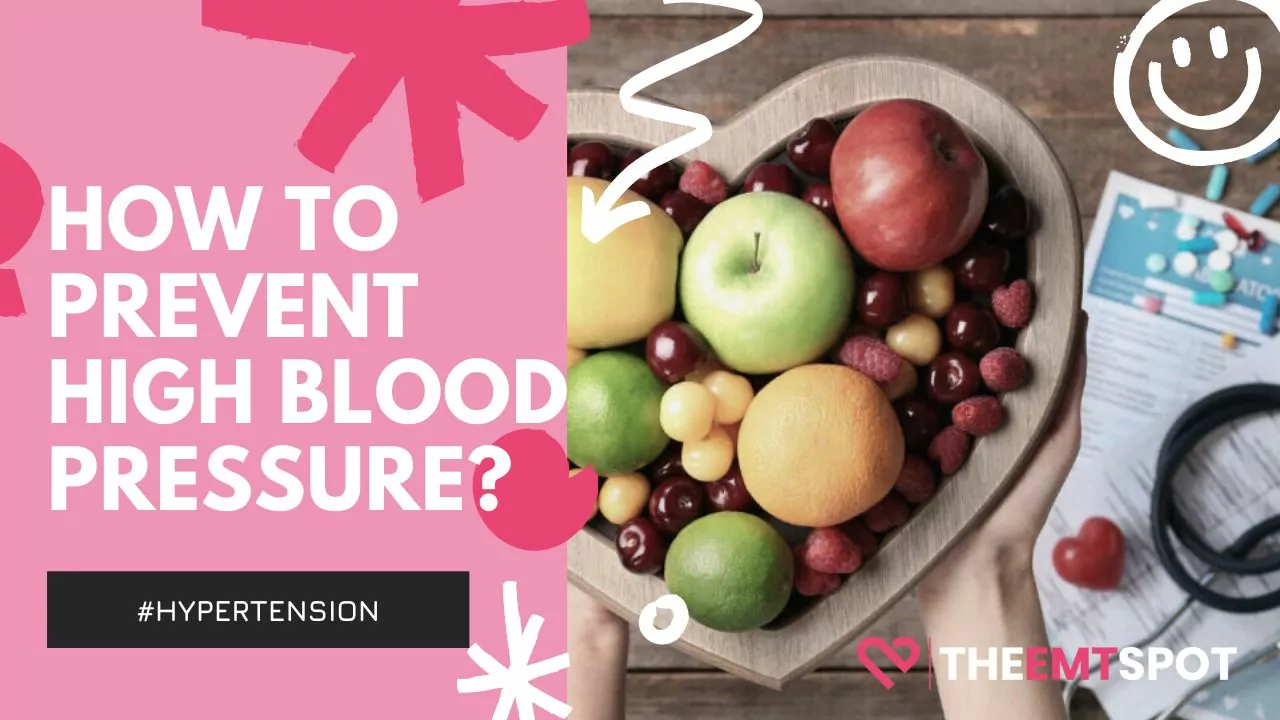
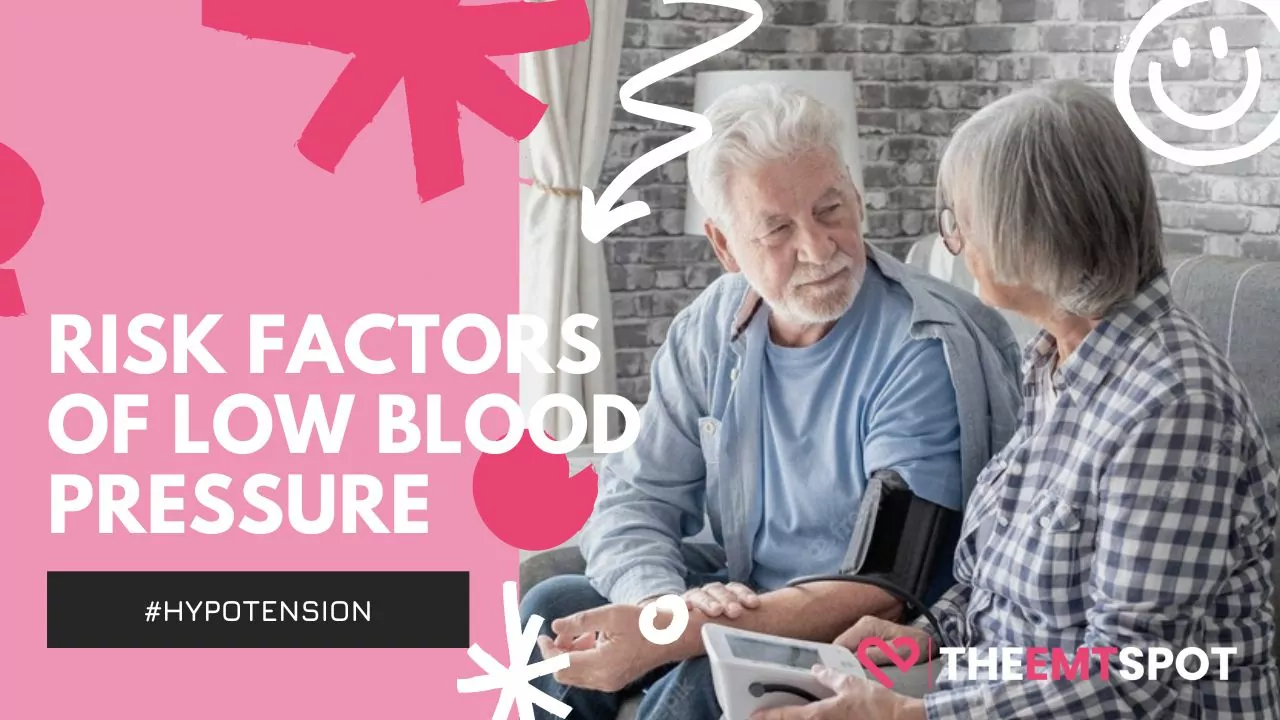
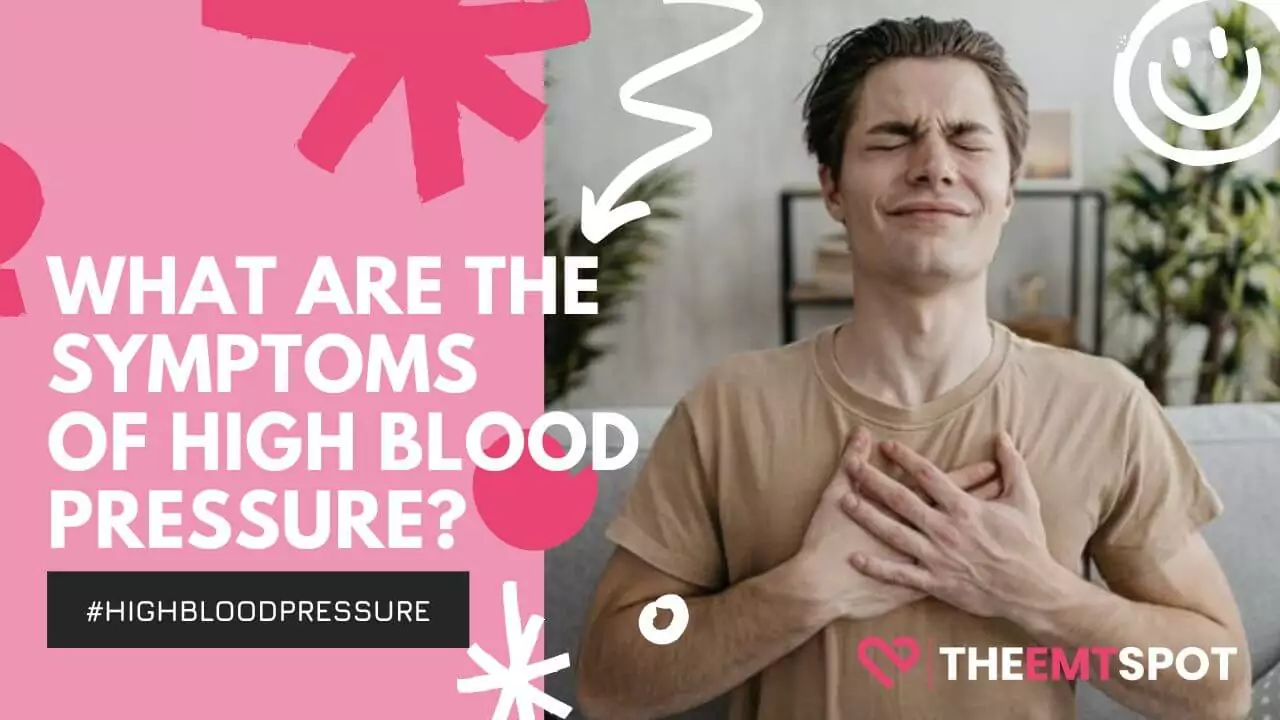
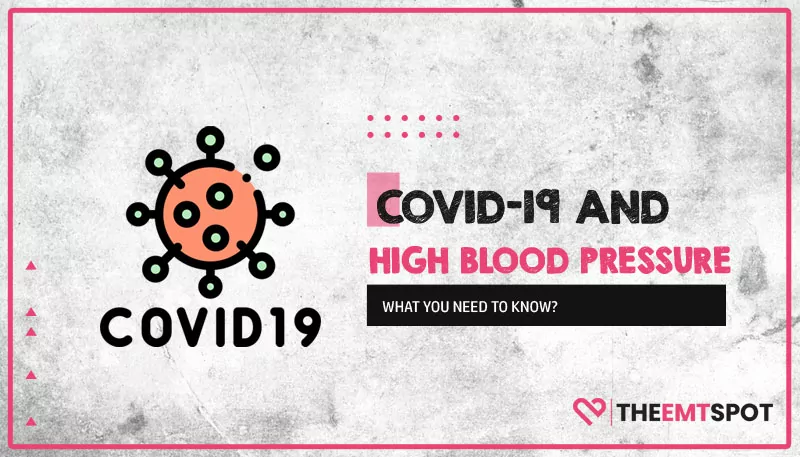
 Robin Backlund is a dedicated journalist and a medical student who has written several articles and essays exposing the falseness and hollowness of online resources in the medical science niche.
Robin Backlund is a dedicated journalist and a medical student who has written several articles and essays exposing the falseness and hollowness of online resources in the medical science niche.